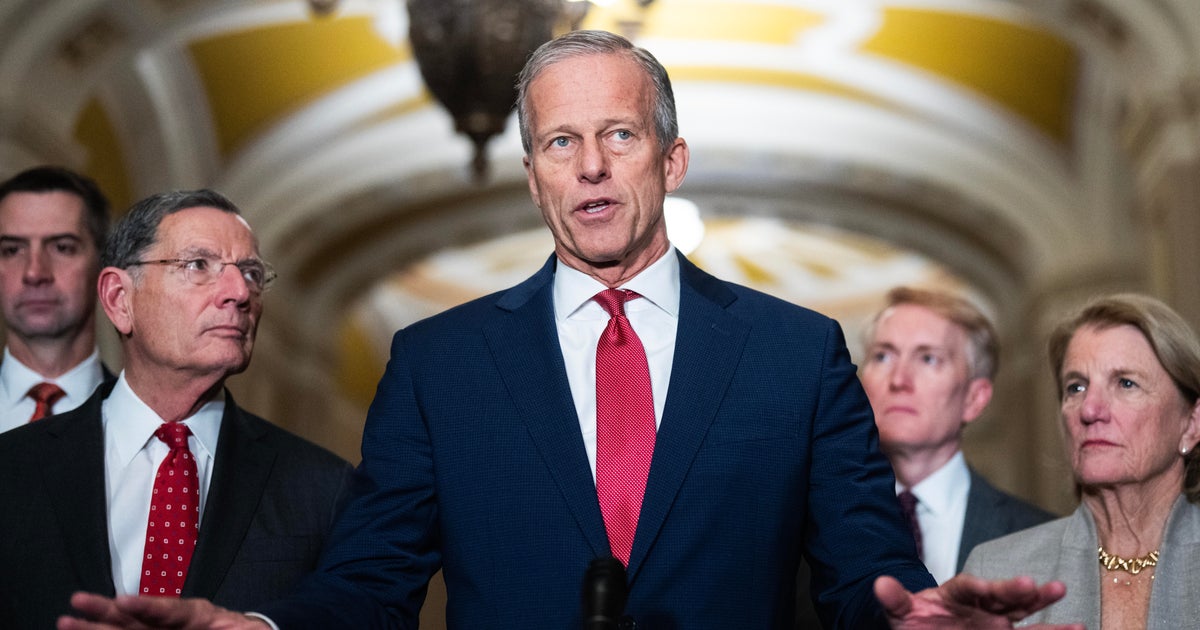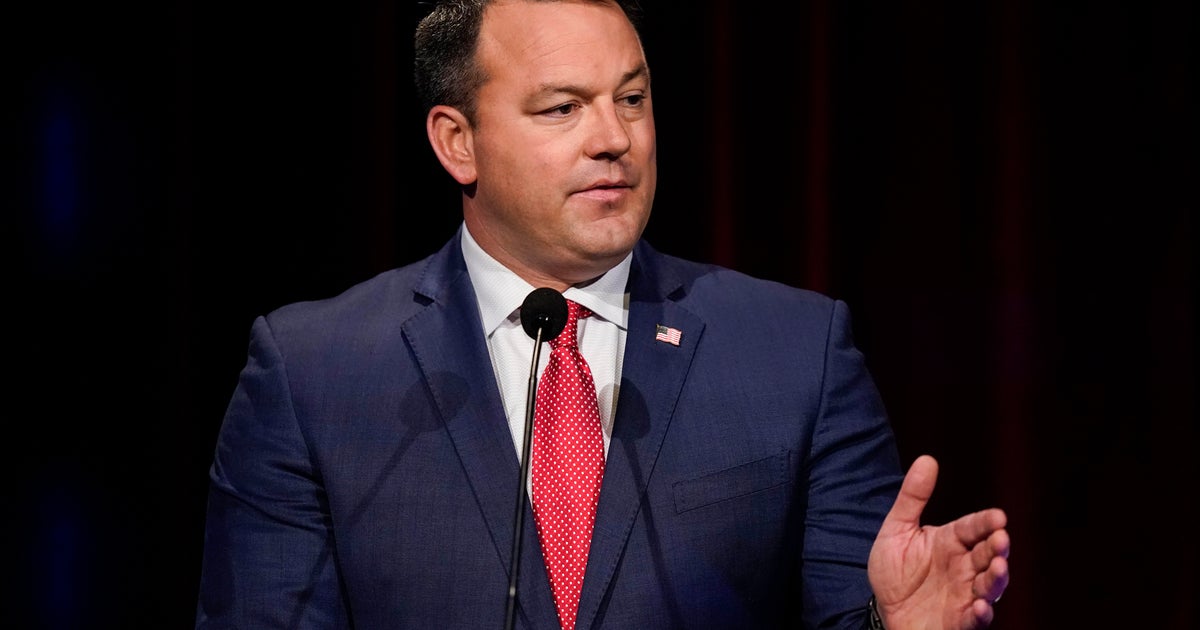Behind the surprise bipartisan push to blunt Dodd-Frank
Republican efforts to roll back the Affordable Care Act, net neutrality and tax rates for corporations have all attracted fierce opposition from Democrats and left-leaning voters. Yet a new GOP effort to dismantle Obama-era financial regulations is gaining traction, thanks to support from Democrats.
The Dodd-Frank Wall Street Reform and Consumer Protection Act of 2010 was created to strengthen rules for the country's largest financial institutions, with the goal of avoiding a repeat of the devastating crisis that caused millions to lose their homes, jobs and retirement savings.
The bill may not be surprising on the face of it, given that some Republican lawmakers have been itching to roll back all or part of Dodd-Frank for years. Yet it has a dozen Democratic co-sponsors, which makes it a rare bipartisan effort, a backing that Brookings Institution's Aaron Klein described as culminating from an "old-school traditional approach" to creating legislation that crosses the aisle.
Nevertheless, the bill isn't garnering rave reviews from all sides of the political spectrum. Progressives, some Democrats and consumer advocates are sounding the alarm and raising concerns about whether it might heighten the risk of another financial crisis by weakening the rules that some banks would need to adhere to.
"The question I would pose is: 'Why are we doing this?' With bank profits at or near all-time highs, lending rebounding since the crisis, I'm not sure what problem the bill is trying to solve," said Gregg Gelzinis, research assistant for economic policy at the Center for American Progress, a left-leaning think tank.
While the legislation contains a few consumer-friendly provisions -- such as the right to a free credit freeze -- Gelzinis said they're "crumbs compared with the benefits seen by the largest financial institutions."
So who exactly will benefit from the bill? Twenty-five of the 38 largest U.S. banks would no longer be subjected to more stringent capital and liquidity rules, enhanced risk-management standards and other stronger regulations that Dodd-Frank enacted.
The bill does this by raising the threshold at which banks would be subject to these requirements. Under Dodd-Frank, banks with assets of more than $50 billion were bound to these more stringent rules. The new bill would boost that threshold to $250 billion.
The 25 banks that would be exempt from the stronger rules collectively have $3.5 trillion in assets and received $47 billion in bailouts from the Troubled Asset Relief Program during the financial crisis, according to the Center for American Progress. On the plus side, those banks would face lower regulatory and compliance costs.
Financial experts have expressed concern about bumping up the threshold to $250 billion, including former Federal Reserve Governor Daniel Tarullo. He wrote in a letter to the Senate Banking Committee that it was too high, according to Keefe, Brunette & Woods analysts.
The bill would also change how the "supplementary leverage ratio" is calculated, a key capital requirement for the biggest banks that was designed to ensure those financial institutions could handle a financial disaster.
The Congressional Budget Office, in its estimate of the bill's costs, added that it could "slightly" raise the probability of a failure of a major financial institution or that there could be a financial crisis.
So given the risks, why are some Democrats signing on? Because the bill also includes relief for smaller community banks, exempting those with less than $10 billion in assets from the Volcker Rule, which restricts banks from speculative investments in hedge funds and other riskier products.
Not every Democrat is supporting the bill. Senator Elizabeth Warren, D-Massachusetts, is one of its more outspoken critics, calling it the #BankLobbyistAct on Twitter.
"The Senate just voted to increase the chances your money will be used to bail out big banks again," she wrote after the Senate voted to move forward with the bill.
One reason the legislation may not have garnered as much attention as net neutrality or the ACA: Consumers may not immediately see how the regulations affect them.
"A lot of the rules are really complicated and arcane and complex," Gelzinis said. "When I say the supplementary leverage ratio, you lose half the people to boredom. But [such rules] are extremely important."







